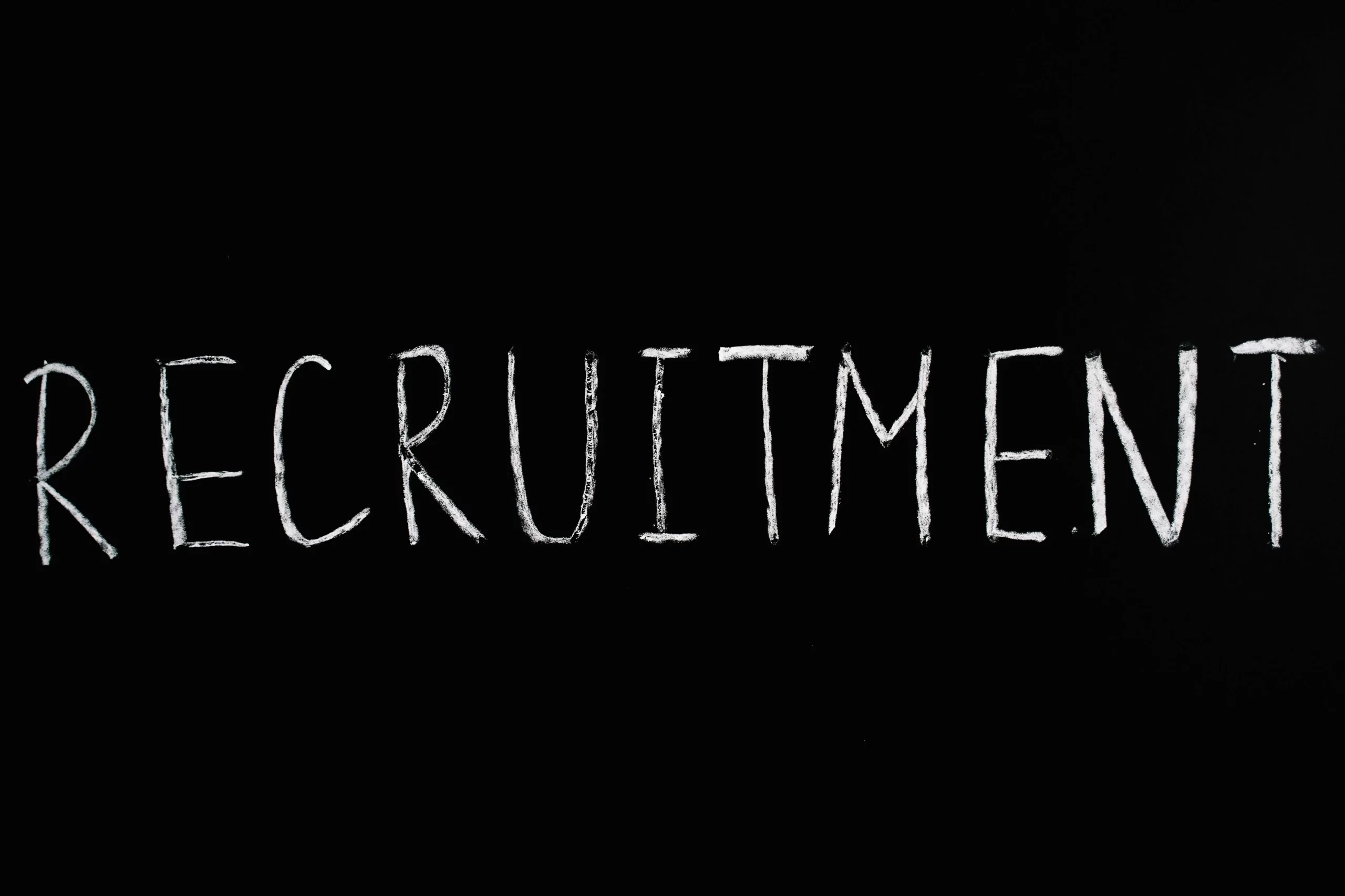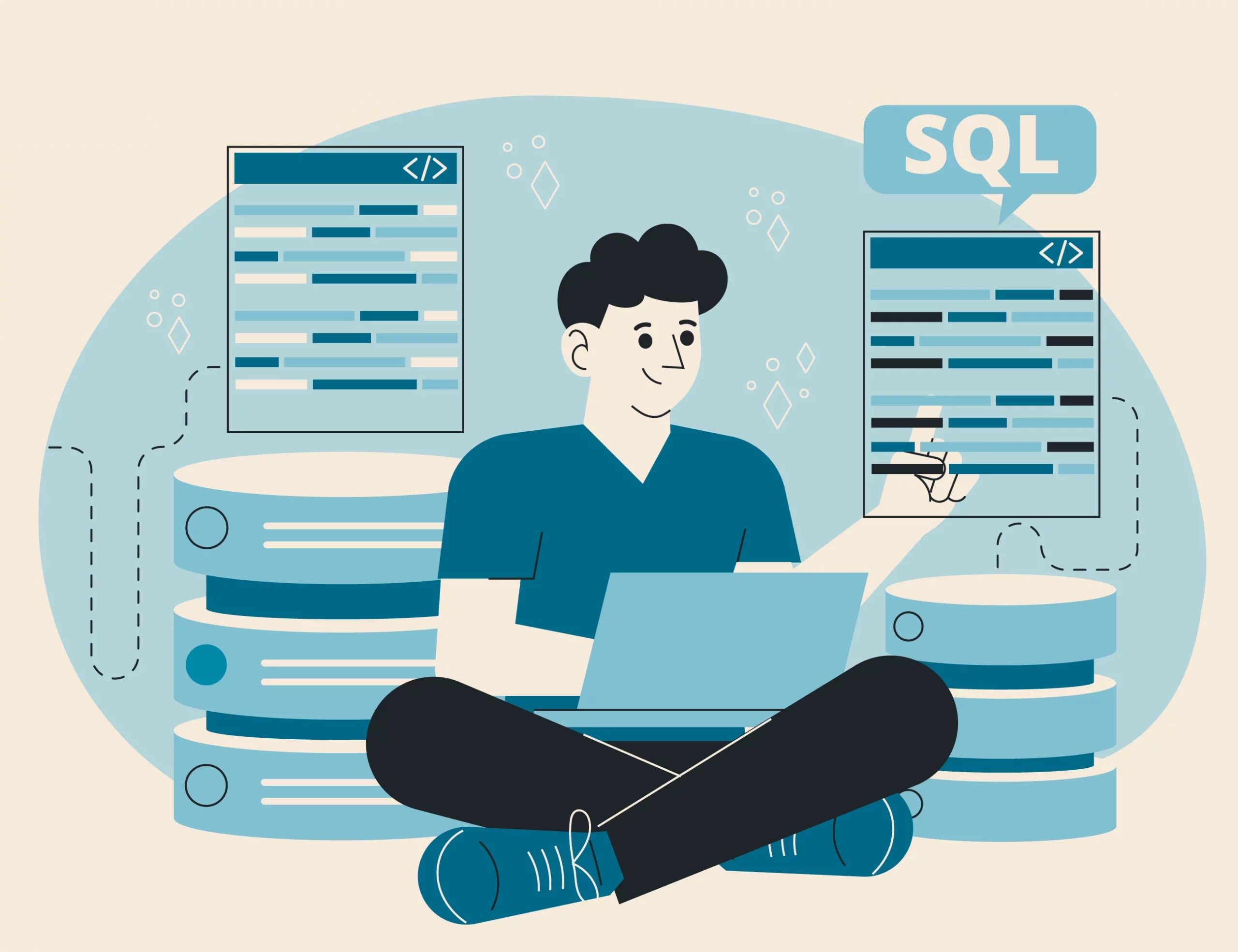What is Cloud Computing?
Cloud computing refers to the delivery of computing services over the internet, providing access to a pool of resources such as storage, servers, databases, networking, software, and more, without the need for direct management by the user. This paradigm shift from traditional on-premises infrastructure to cloud-based solutions offers scalability, flexibility, and cost-efficiency, enabling organizations to innovate and grow without being limited by physical constraints.
By leveraging cloud computing, businesses can streamline operations, enhance collaboration, improve agility, and rapidly deploy applications and services, thereby driving digital transformation and gaining a competitive edge in today’s dynamic market landscape.
What is DevOps?
DevOps is a set of practices that aims to foster collaboration and communication between development (Dev) and operations (Ops) teams throughout the software development lifecycle (SDLC). It emphasizes automation, continuous integration, continuous delivery (CI/CD), and the adoption of agile principles to accelerate the delivery of high-quality software products and services.
By breaking down silos and promoting a culture of shared responsibility and accountability, DevOps enables organizations to achieve faster time-to-market, increase deployment frequency, enhance product reliability, and improve overall efficiency. Ultimately, DevOps aligns development and operations goals, driving innovation and enabling organizations to deliver value to customers more effectively.
Top roles in Cloud and DevOps
Cloud Engineer
A cloud engineer is a professional responsible for designing, implementing, and managing cloud-based solutions and infrastructure. They possess expertise in cloud platforms such as AWS, Azure, or Google Cloud, and are adept at optimizing cloud resources, ensuring security, and facilitating scalability. Cloud engineers play a crucial role in enabling organizations to leverage the full potential of cloud computing to drive innovation, streamline operations, and achieve business objectives.
Top Skills for a Cloud Engineer
Glider AI’s technical skills tests evaluates the candidates on the following top skills:-
AWS | Terraform | Docker/Kubernetes | Lambda | Python
Cloud Architect
A Cloud Architect is responsible for designing and implementing cloud-based solutions, overseeing the architecture and infrastructure of cloud environments to ensure scalability, reliability, and security. They work closely with stakeholders to understand business requirements and translate them into cloud strategies that align with organizational goals.
Top Skills for a Cloud Architect
Glider AI’s technical skills tests evaluates the candidates on the following top skills:-
Amazon Kinesis | AWS Glue | DynamoDB | AWS EC2 | AWS Redshift | AWS RDS | AWS S3 | Azure Networking | Azure cloud infrastructure | Google Cloud Platform
Site Reliability Engineer
A Site Reliability Engineer (SRE) focuses on ensuring the reliability, availability, and performance of large-scale systems and applications. They employ a combination of software engineering and systems administration skills to design, implement, and maintain robust and scalable infrastructure. SREs work proactively to identify and address potential issues before they impact users, utilizing automation and monitoring tools to optimize system performance and minimize downtime.
Top Skills for a Site Reliability Engineer
Glider AI’s technical skills tests evaluates the candidates on the following top skills:-
Docker | Kubernetes | Jenkins | Ansible
Cloud Infrastructure Engineer
A Cloud Infrastructure Engineer is responsible for designing, implementing, and managing cloud-based infrastructure to support an organization’s IT operations. They work with cloud service providers like AWS, Azure, or Google Cloud Platform to deploy and maintain virtual servers, storage solutions, networking components, and other cloud resources. Cloud Infrastructure Engineers ensure the scalability, security, and efficiency of cloud environments, collaborating with development teams to meet the organization’s needs effectively.
Top Skills for a Cloud Infrastructure Engineer
Glider AI’s technical skills tests evaluates the candidates on the following top skills:-
Ansible | GIT | REST | Coding – Python / Java / Javascript
Cloud Automation Engineer
A Cloud Automation Engineer specializes in automating tasks and processes within cloud environments to enhance efficiency, reliability, and scalability. They leverage tools like Terraform, Ansible, or AWS CloudFormation to provision and manage cloud resources programmatically, reducing manual intervention and streamlining operations. Cloud Automation Engineers design and implement automated workflows for deployment, configuration management, and monitoring, enabling faster and more consistent delivery of applications and services in the cloud. Their expertise lies in optimizing cloud infrastructure through automation to support agile development practices and business objectives.
Top Skills for a Cloud Automation Engineer
Glider AI’s technical skills tests evaluates the candidates on the following top skills:-
Core Java | DevOps | AWS – EC2 / EMR
DevOps Engineer
A DevOps Engineer plays a crucial role in bridging the gap between software development and IT operations. They focus on automating and streamlining the software delivery process, from code development to deployment and beyond. DevOps Engineers utilize tools like Git, Jenkins, Docker, and Kubernetes to facilitate continuous integration, continuous delivery (CI/CD), and infrastructure as code (IaC).
Top Skills for a DevOps Engineer
Glider AI’s technical skills tests evaluates the candidates on the following top skills:-
CICD | Shell Scripting | Groovy | AWS | Coding – Python/Scala
DevOps Lead
A DevOps Lead is a seasoned professional responsible for overseeing and orchestrating the implementation of DevOps practices within an organization. They provide strategic direction and guidance to DevOps teams, ensuring alignment with business objectives and IT goals. DevOps Leads possess a deep understanding of software development methodologies, infrastructure management, and automation tools.
Top Skills for a DevOps Lead
Glider AI’s technical skills tests evaluates the candidates on the following top skills:-
Azure (IaaS/PaaS) | DevOps | CICD | Azure DevOps pipeline | terraform enterprise | Docker | Github | Jenkins | Ansible | PowerShell | Linux
BizOps Engineer
A BizOps Engineer is a hybrid role that bridges the gap between business operations and technical operations within an organization. They play a crucial role in aligning business objectives with technical solutions, ensuring that IT initiatives drive value and support strategic goals. BizOps Engineers analyze data, metrics, and key performance indicators to identify opportunities for optimization and improvement across business processes and IT systems.
Top Skills for a BizOps Engineer
Glider AI’s technical skills tests evaluates the candidates on the following top skills:-
Shell Scripting | CICD | Dynatrace | DevOps | SQL | Java
DevSec Ops Engineer
A DevSecOps Engineer plays a crucial role in bridging the gap between development, operations, and security teams. They focus on embedding security practices and tools into every stage of the software development lifecycle, ensuring that security is prioritized from the initial design phase to deployment and beyond.
Top Skills for a DevSec Ops Engineer
Glider AI’s technical skills tests evaluates the candidates on the following top skills:-
DevSecOps | S3 | Lambda RDS | DynamoDB | Python
Software Release Engineer (Continuous Testing)
A Software Release Engineer specializing in Continuous Testing plays a pivotal role in ensuring the seamless and efficient delivery of software products. They are responsible for designing, implementing, and maintaining automated testing frameworks and pipelines to validate code changes throughout the development lifecycle.
Top Skills for a DevSec Ops Engineer
Glider AI’s technical skills tests evaluates the candidates on the following top skills:-
CICD | linux | docker | maven | git | Jenkins| continuous testing | Java



